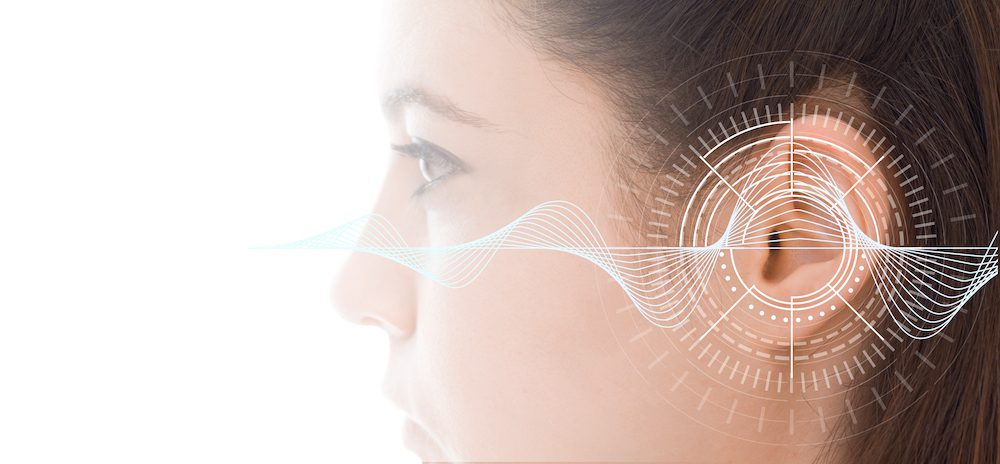Hearing Loss and Aging: What Everyone Over 50 Should Know
As we age, we will experience various changes in our physical health and
Our Elizabethtown Office has MOVED to 939 East Main St. Mount Joy, PA! Learn More →


As we age, we will experience various changes in our physical health and

Technology is advancing at such a fast rate that we’re seeing its

Julie Nelson—the owner, operator, and hearing instrument specialist at